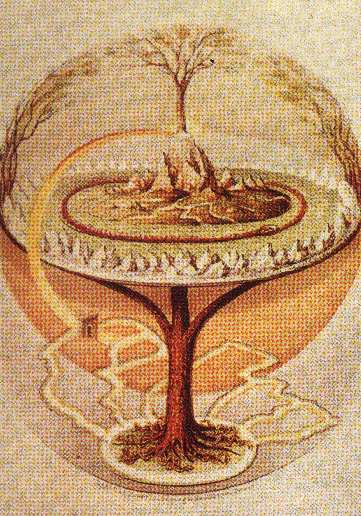The Mechanical Antipathy
Weekly Practice--More Practices--FAQ

Have you ever heard about the mechanical Antipathy? Suddenly somebody feels dislike for someone, without any reason, and then we say:
“I can’t stand this one”, a very common phrase that we use. But, why do we feel antipathy if we’ve never seen him before, if we’ve just met him? What happen, why can’t we stand that person if we don’t know him?
As we saw his appearance: is he tall or short, fat or thin, his nose is aquiline or snub, and, that’s the reason as to say that we “can’t stand him?” What happened?
We’ve just projected over our victim our very own psychological defects. Possibly we saw, in that person, the worst defect that we have and nobody likes to see oneself like that, let’s say, so ridicule. The harsh reality of the facts is that such person has become the mirror where we can see ourselves as we are.
If we remain alert and on guard, if we do not identify ourselves with the event, with that person which we “can’t stand”, if instead of criticize him we make a self-critic, if we make a self-observation in order to see what’s going on, we will discover a defect of our own (born yesterday or the day before yesterday, or who knows the time, maybe another life), has reflected in that person and that’s why we “can’t stand” him. Here’s the mechanical Antipathy: one hundred percent absurd.
We need to learn how to live politically. The human being, before all it’s a political being, a political animal, and the men itself it’s a “political men”. If one doesn’t know to live politically, creates problems during the life to oneself. One must learn to live politically, and instead of feeling mechanical antipathies, it’s worth investigating oneself.
Yes, we really project our own psychological defects over the others. Why do we judge others mistakenly? Why do we tend to see, over our neighbor any kind of defects? Simply because we project over the neighbor our own defects, we judge them mistakenly; we suppose that so-and-so is like “this” or like “that”, and it happens that it is not like “this” or like “that”: it’s totally different, and our opinion turns to be wrong, false; we see the other lives and we have the intense tendency to misinterpret them, we are never able to see other’s events with impartiality, with serenity; we always qualify them mistakenly.
Remember, there are so much virtue in the evil ones and so much evil in the virtuous.
If you want to get the practice every week in your email, subscribe to New Features
